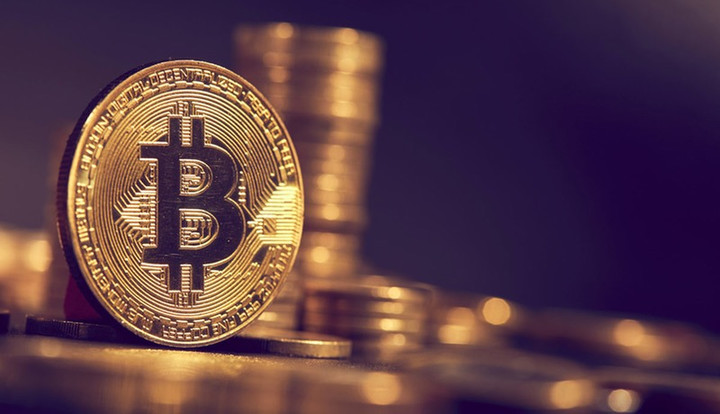7:22 PM What is Bitcoin Gold, Exactly? | |
|
Cryptocurrency forks of various types now take place on a regular basis. Even bitcoin has experienced several different iterations and branches in this way. One of the largest and most discussed bitcoin forks took place late in 2017.
Democratizing the Mining Process Individuals attempting to mine for bitcoin on their own either have to invest a huge amount of money and time into creating their own rigs, or they get passed by in the process, as their computers are unable to compete with the professional rig systems. One of the primary goals of bitcoin gold has been to change the algorithm by which the cryptocurrency itself is mined, meaning that the mining process cannot be run faster on specialized equipment than it can on standard computer systems. Bitcoin gold was not the first major hard fork of bitcoin. Bitcoin cash forked off from the primary cryptocurrency in August of 2017. In 2018, bitcoin is anticipating several additional hard forks, prompting some to speculate that there may be diminishing returns in terms of investor interest as more offshoots of bitcoin reach the market. Distribution, Protection, Transparency In the world of virtual currencies, threats from hackers and other malicious entities are constantly a concern. For that reason, bitcoin gold took additional safety and protective measures from the time of its launch, in an effort to help secure its customers' accounts and coins. These include replay protection and unique wallet addresses. Bitcoin Gold On Exchanges According to the bitcoin gold website, as of March 2018, the cryptocurrency was trading live on Bithumb, Bitfinex, Binance, Bittrex, HitBTC, Uphold, YoBit, Gate.io, Changelly, Shapeshift, BitBay, Abucoins, Change Now, Evercoin, Tdax, Bitsane, Bitstarex, QuadrigaCX, Cex.io, Okex, Anybits, BestRate, Bitmarket, Indacoin, CoinSwitch, and Unocoin. There are additional exchanges slated to offer bitcoin gold in the near future as well. The cryptocurrency is also available through a number of wallet services, including Trezor Wallet, Ledger Wallet, Exodus, Coinomi, Bitpie, Guarda, Freewallet, BTGWallet, and Kasse. According to the website, the cryptocurrency has been listed on 46 markets and 26 exchanges as of January, 2018. Launch and Controversy About 5% of those 100,000 coins were set aside for each of the six primary team members as a bonus. At the time of the launch, all bitcoin owners received bitcoin gold coins at the rate of one bitcoin gold token per one bitcoin token. | |
|
| |
| Total comments: 0 | |

